From his “Commentary on Dei Verbum, Articles 8-10,” 1967, written while holding the Chair of Dogmatic Theology at the University of Tübingen, Germany
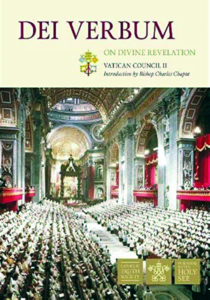 Article 9 takes us to the focal point of the controversy, the question of a mutual relation of Scripture and tradition.
Article 9 takes us to the focal point of the controversy, the question of a mutual relation of Scripture and tradition.
The text shows clear signs of the firm position taken during the discussion against the idea of “two sources” of revelation. Two objections were made to this idea. The first was that, in a typically modern spirit of positivism, it identified revelation with its historical presentation and thus falsified the original idea of “sources” in the theological sense, in favor of an historical idea of “sources.” One could here point to Trent, which still used the term “source” exclusively in the singular to refer solely to the “Gospel,” which, as the word of Christ, precedes and is the basis of all historical forms of traditions. The second objection was that the idea of “partim–partim,” which is contained in the idea of the two sources, distributes revelation in a mechanical way between two vessels of revelation that are independent of each other and thus, again fails to recognize its true nature, which is not a collection of propositions that can be divided up at will and sheered out between two different compilations, but a living organic unity which can only be present as a whole. Following the Tübingen theologians of the nineteenth century, Geiselmann had thrown into the debate the formula “totum in sacra scriptura–totum in traditione” as an antithesis to “partim–partim” and asked that the relation between Scripture and tradition should not be understood in terms of a mechanical juxtaposition, but as an organic interpenetration.
Both points have been incorporated in the text. It is emphasized that both Scripture and tradition flow from the same sources. However, in order to avoid the clash between the singularist and pluralist understanding of the word fons [source], the word scaturigo [bubbling spring] is used, and then it is possible to continue to speak of the duo fontes [two sources]. In fact, however, the comprehensive theological view of Trent is restored, as compared with the superficial approach of neo-scholastic theology and is even given a deeper dimension, insofar as the idea of revelation behind it, as was shown in Article 7, is conceived more personally and less legalistically than in the text of 1546. Also, the idea of unity, of organic interpenetration, is formulated in strong terms both here and again at the end of Article 7 (unum sine aliis non consistat).
One may ask, however, whether this was really a gain and whether the Catholic idea of sola scriptura, which it intended to make possible in this way (an idea that must now, in this formulation, always be thought of as combined with that of totum in traditione), has not been bought at a rather high price. While the first of these two points, the preeminence of revelation over the concrete forms in which it is presented, was able to be accepted by Protestant theologians without any difficulty, the firm emphasis on the unity of Scripture and tradition has aroused the strongest opposition and shown that the Protestant idea of sola scriptura is less concerned with the material origin of the individual statements of faith as with the problem of the judging function of Scripture in relation to the Church.
This emphasis, however, on the indissoluble interpenetration of Scripture and tradition, or (according to Article 10) of Scripture, tradition and teaching office, seems to have excluded this idea even more fully than would a more mechanistic conception, which still preserves the difference between the individual entities. Thus we have the paradoxical result that today it is precisely those formulations of our Decree which were the product of the attempt to take into account, to the widest possible extent, the points made by the Reformed Churches and were intended to keep the field open for a Catholic idea of sola scriptura that have met with the strongest opposition on the part of Protestant theologians and seem to have moved dangerously away from the meaning and intention of the Protestant idea of sola scriptura.

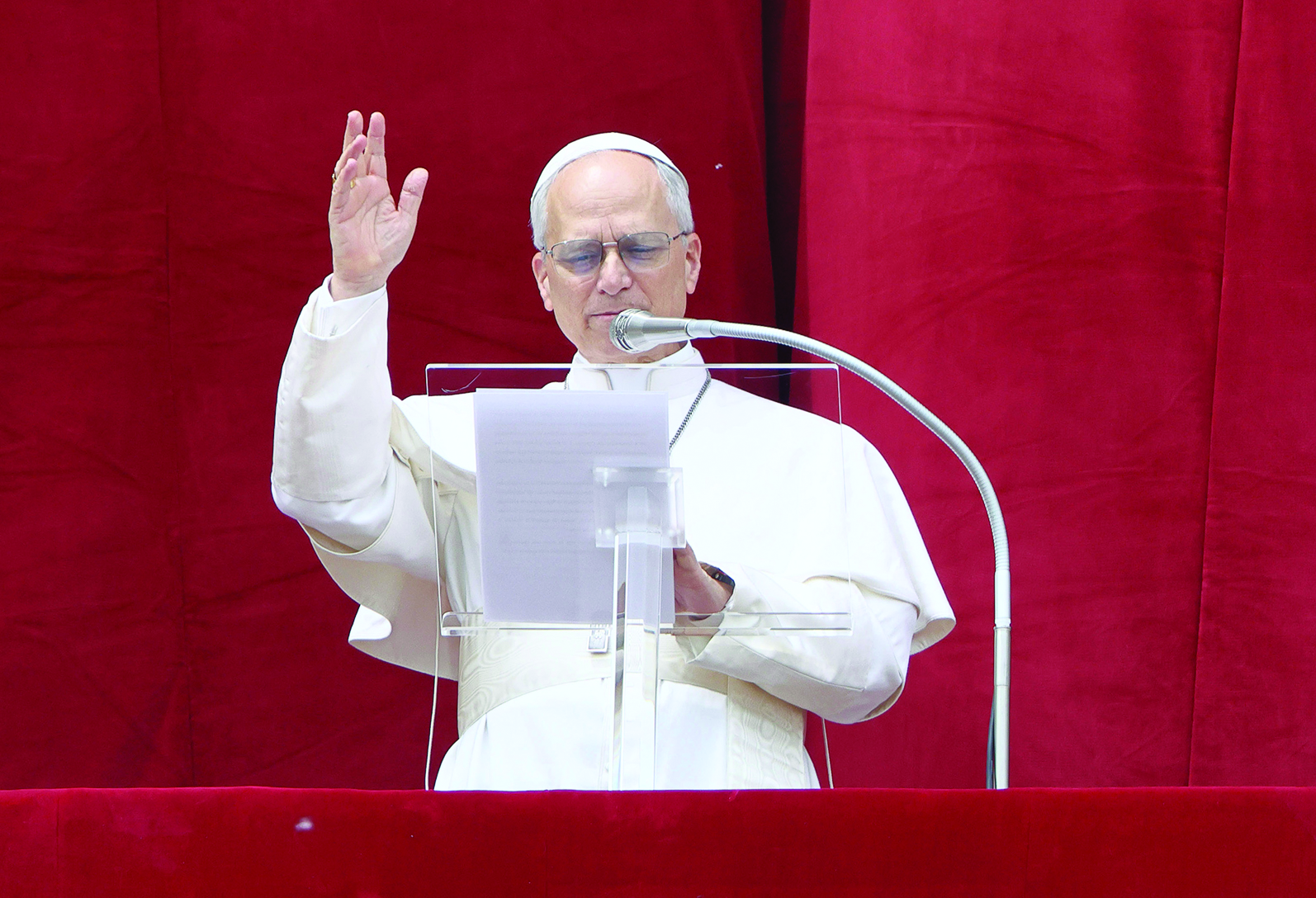
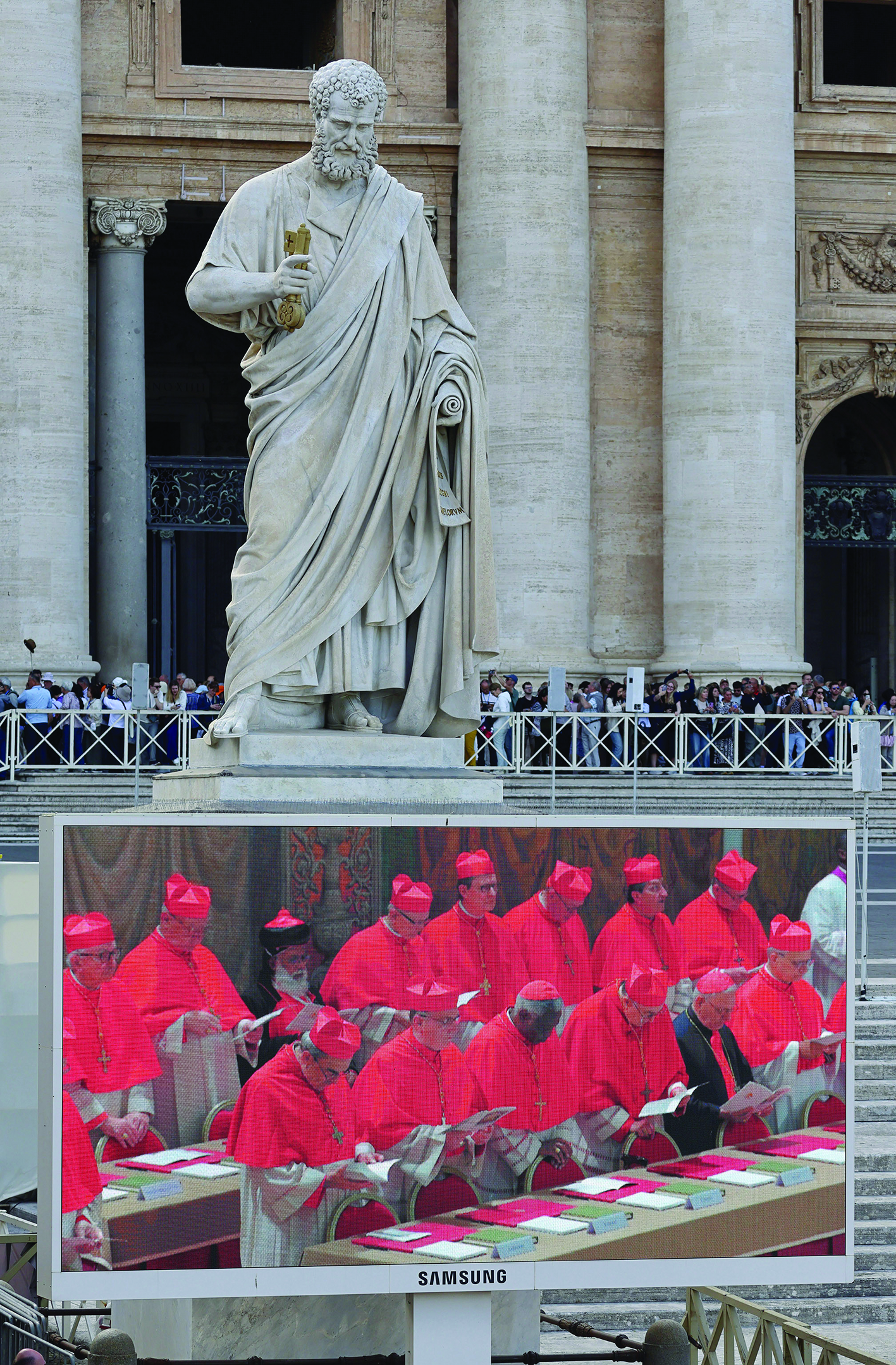
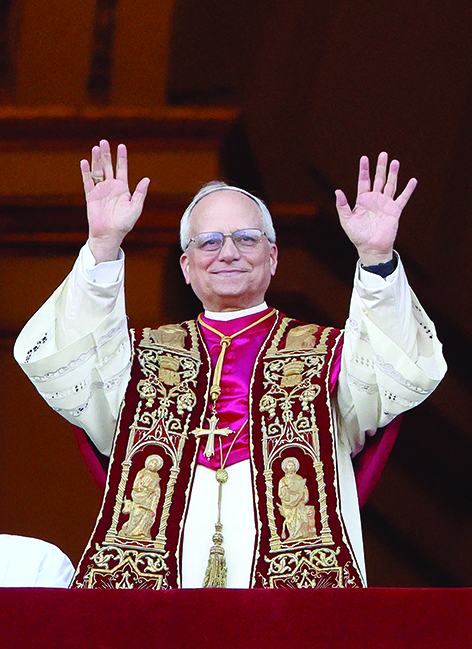
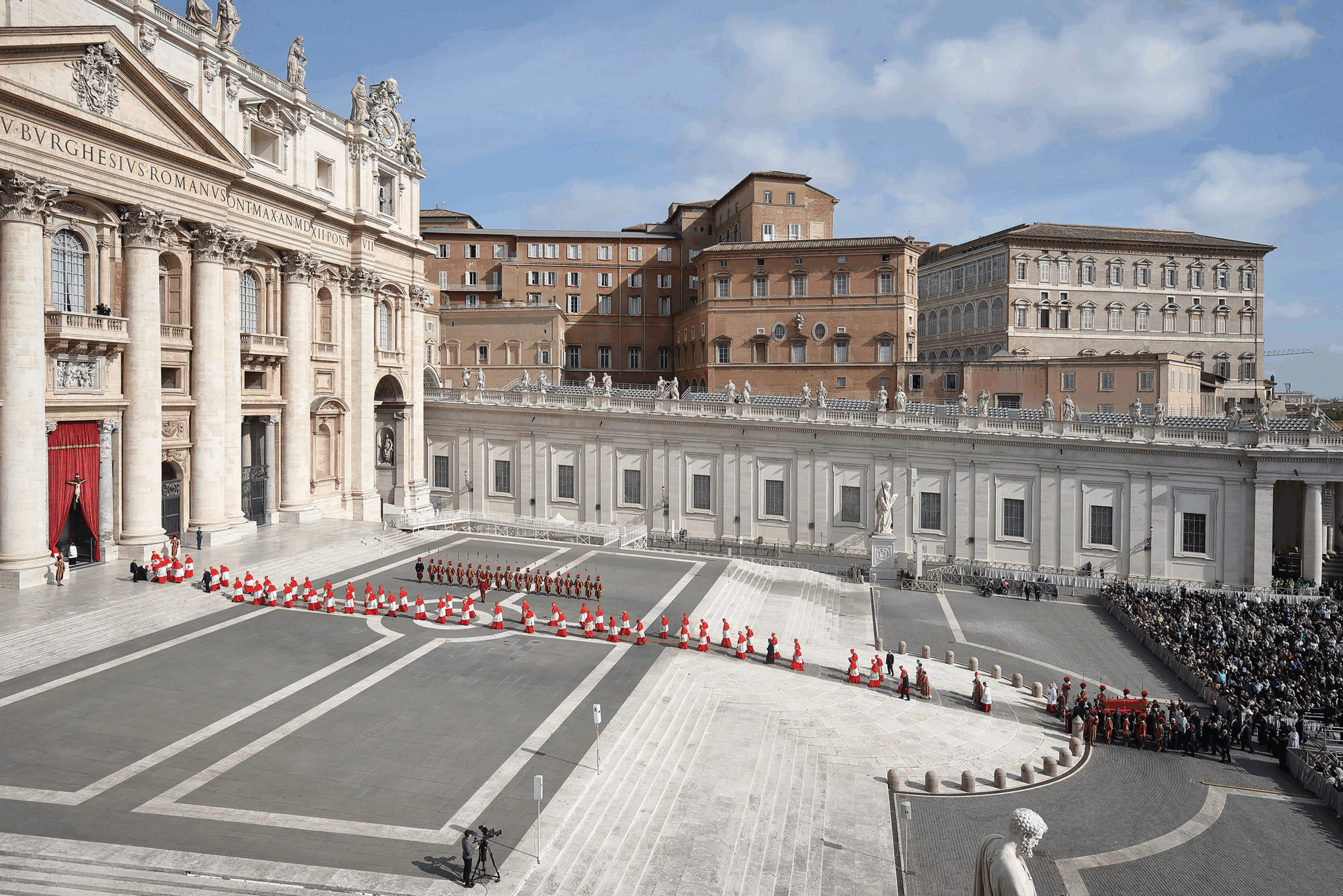
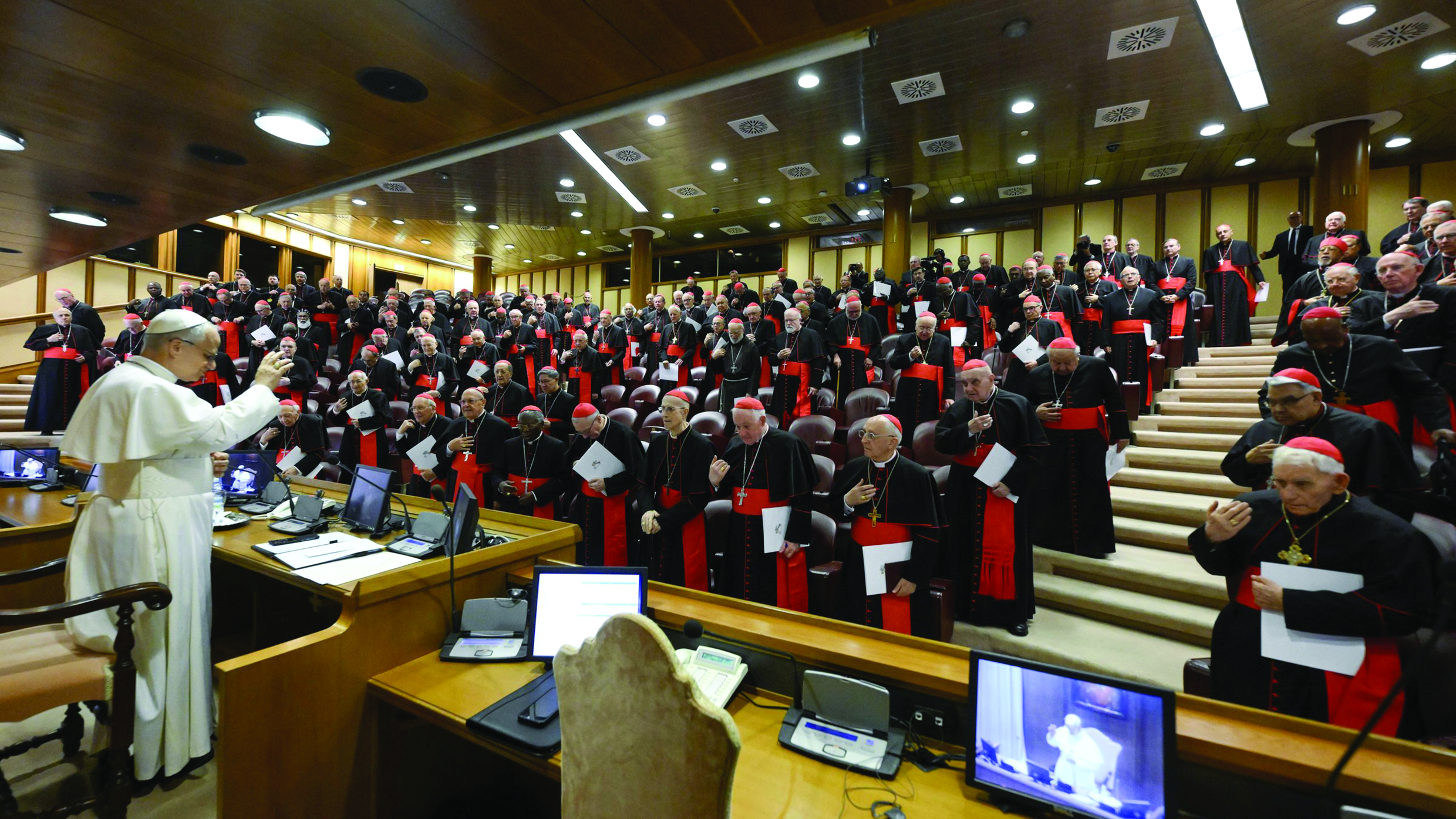
Facebook Comments